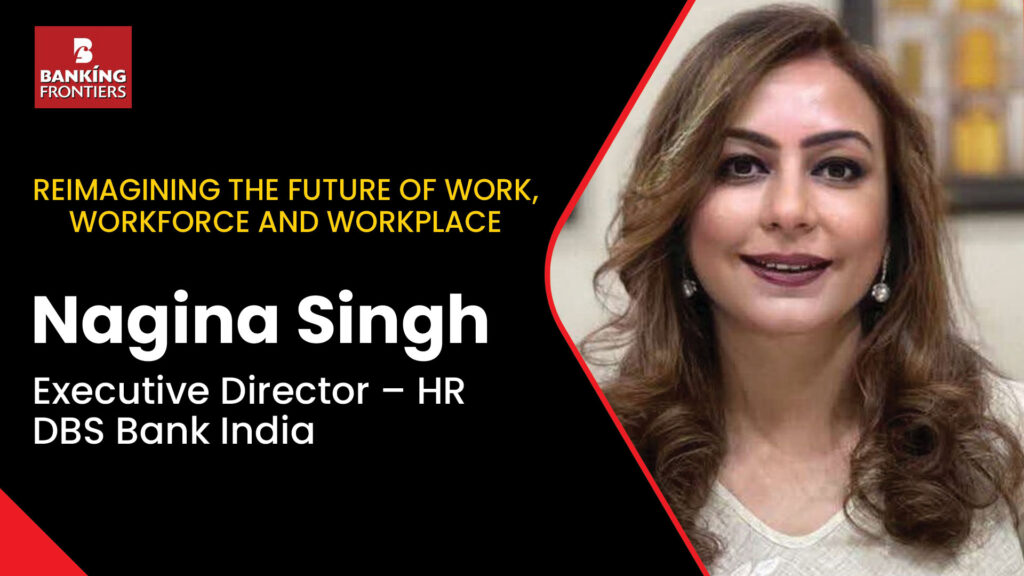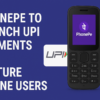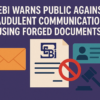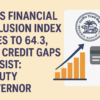Nagina Singh, Executive Director – HR at DBS Bank India details the immense transformation taking place at the bank:

Mehul Dani: Which are the different types of tests conducted by your organization for recruiting new employees? How have these tests evolved in the last 3 years?
Nagina Singh: Our talent acquisition team uses the hire smart program. This is a Hiring Manager Certification course aimed at equipping all DBS hiring managers with skill sets to identify and attract the right talent and associate with the philosophy of hiring for one company – DBS. This interactive workshop covers competency-based interview techniques and provides a framework that best predicts future performance.
Over the last few years, DBS India has completely digitised its hiring process. The entire process of hiring and onboarding is done through digital channels. To make this shift, we leverage various software, tools and platforms which enable us to hire efficiently and, more importantly, hire the right talent. While these tools help meet our goals, DBS values serve as our guidepost. Our pride values play a critical role while evaluating a candidate. Our recruitment process has been redesigned to harness the power of technology. As the first step in their application process, candidates go through Taleo’s fully automated recruitment process. The carefully crafted questionnaire helps to screen them. Once the offer is generated, the process switches to Workday, where the onboarding is carried out.
Are there any specific psychometric tests held? Please provide details of these tests.
We rely on psychometric assessments to increase the effectiveness of hiring and offset the impact of biases. Different psychometric tests are used for evaluating the candidates for different levels and functions of the organisation. The evaluations aim to gauge the compatibility of candidates with the DBS’ values, culture and the demands of the role.
How do you measure, and analyze the abilities of the respondents of all these tests? Please give examples. Are the outcomes of these tests satisfactory over a period of time?
As each of these evaluations provides a comprehensive report with clear results, decision-making becomes easy. We believe in the holistic evaluation of candidates by leveraging data, digital, science and empathy.
What is the policy for hiring domain experts?
The hiring philosophy is consistent across the organisation. Guided by a robust hiring framework, we hire professionals with prior experience at best-in-class companies in their field of expertise. Another criterion for hiring individuals is to ensure they have relevant certifications and skills to operate in the banking industry. Values and culture alignment to our P.R.I.D.E! values framework is also a critical aspect of the evaluation.
How often do you hold these tests for promotion of existing employees, and what weightage do these tests hold in the overall rating or grading of the respondent? How often do you update and revise the contents of these tests?
Although we do not have any specific tests for promotion, we do have a robust framework that considers the incumbent’s performance, potential and job size. This is evaluated at multiple levels within a department, including at the country and regional levels, to avoid any bias.
Our internal reporting tool based on Qlikview, provides recruitment analytics like real-time data on the vacant positions, positions filled, those on hold, attrition rate and other metrics. We also get recruitment patterns and hot skills on this dashboard. To apply for senior positions within the organisation, we have empowered employees to self-nominate themselves and go through the process of evaluation.
How does the company keep track of all the training programs which relevant employees may have gone through, who has achieved what level of proficiency, and who should be provided further training?
We have put in place a robust training framework that takes care of the functional needs of the departments through specific roadmaps such as mandatory training, regulatory training, and behavioral training. Transformational leadership programs that aim to improve managerial effectiveness and create transformational teams are also in effect. We use the platform of SABA, a one-stop shop for all online learning needs. With the adoption of SABA, through the Learning Management System, we are able to bring in a repository of 5000+ courses through LinkedIn Learning, leverage data to provide customized learning roadmaps for individuals and make learning available across devices.
Post covid pandemic, what cultural changes HR department of your company have been trying to bring into the organisation?
In terms of the talent acquisition process, the whole process has been digitized for candidates and the internal team. Apart from this change, we have been nudged to rethink and redesign how we work and communicate every day. Many of the changes that we’ve adopted in the last 2 years have been unexpected, but the transformation has been a positive one for us.
We have outlined our Future of Work (FoW) guidelines to provide a fulfilling life to employees in the new normal. Collaborating with key stakeholders across the bank, FoW makes work exciting by leveraging the 4D framework and using a data-driven approach to provide a seamless experience to employees.
How many new employees have been appointed since April 2020 till date, and what is the present male-female ratio?
More than 2500 employees have joined DBS India in the last 2 years. Currently, our gender diversity ratio is 28%.







